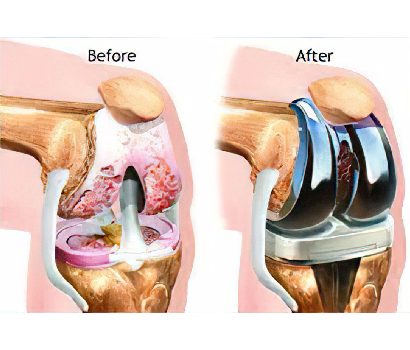Watch Dr Yugal’s informative Reel Content

With over a decade dedicated to Orthopaedics & joint replacement, Dr Yugal Karkhur is a distinguished name in the field. He earned his credentials from Maulana Azad Medical College, New Delhi and subsequently held a significant role as a Senior Registrar at premier establishments like Lok Nayak Hospital and Sushruta Trauma Centre. He now serves with distinction as the Senior Consultant for Orthopaedics and Joint Replacement at Narayana Superspeciality Hospital in Gurugram. Dr Yugal’s pursuit of excellence took him to the Missouri Orthopaedic Institute, USA, where he specialized in joint replacement and Adult hip preservation surgery. His proficiency encompasses arthroscopic surgeries acquired from Safdarjung Hospital’s Sports Injury Center. Gurgaon’s medical community respects him for his associations with CK Birla Hospital, Aarvy Healthcare Superspeciality Hospital, and his innovative venture as co-founder of Orthocure Surgery+ at Orthocure Clinics Pvt Ltd. With 17 published Research Papers and the 2016 Young Ambassador Award from the Asia Pacific Orthopaedic Association to his name, Dr Yugal’s commitment to orthopaedic advancement is evident.
Total Knee Replacement surgery in gurugram becomes a viable option when persistent knee pain or dysfunction severely impacts daily activities. Particularly for those with degenerative joint diseases or chronic knee issues, seeking advice from an orthopaedic specialist is essential to evaluate the need for TKR.











